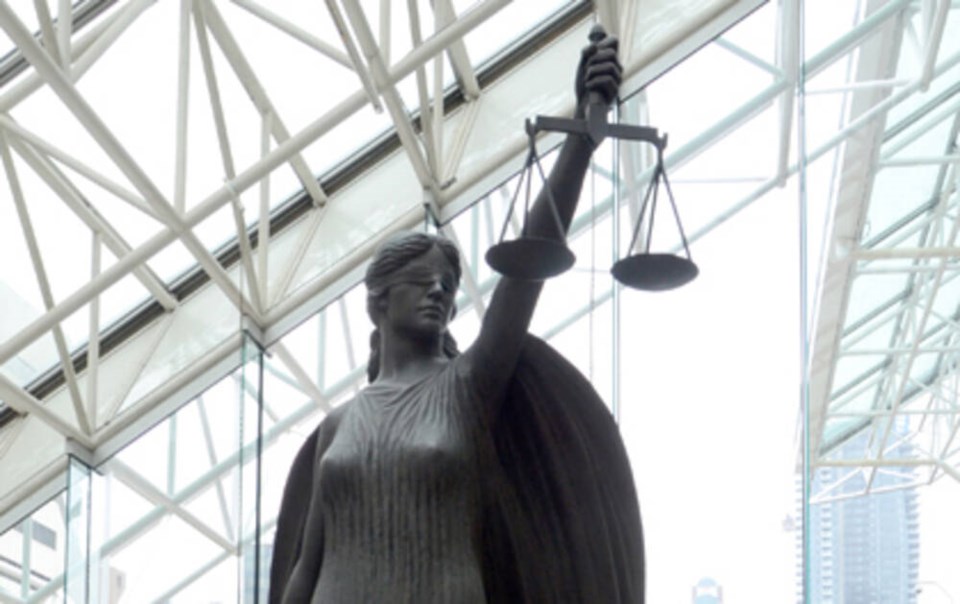Lawyers for a northern coast First Nation opened their case Monday in B.C. Supreme Court, where they are asking a judge to cancel seven mining claims on Banks Island.
The Gitxaala Nation’s judicial review is the first, big test for the B.C. government, which adopted the United Nations Declaration on the Rights of Indigenous Peoples (UNDRIP) in 2019.
The hearing, scheduled to last through April 14, began late with a traditional prayer, after a bigger courtroom was found to hold the crowd of Gitxaala Nation supporters and others interested in a case that could transform the way mining claims are handled.
Under the current system, anyone as young as age 18 who lives in or is allowed to work in Canada can pay $25 to register for a “free miner certificate.” They can then file a mineral claim for as low as $1.75 per hectare, subject to costs for renewals, permitting, development and extraction.
Gitxaala Nation, known as the people of the open sea in their native language, are centred in Kitkatla on Dolphin Island, 60 kilometres south of Prince Rupert or 120 kilometres west of Kitimat. They filed the petition for judicial review in October 2021.
They want the court to overturn mineral claims the province granted between 2018 and 2020 on Banks Island because they say there was no consultation, an alleged breach of the Crown’s constitutional duty of consultation and accommodation and contrary to UNDRIP, which was adopted federally in 2021.
Gitxaala Nation also wants the court to declare unconstitutional the B.C. online mineral titles registry and decide that the Mineral Tenure Act is inconsistent with UNDRIP.
“Despite the size of this case, and the number of people here demonstrating its importance, it’s not untread territory,” Gitxaala lawyer Lisa Fong told Justice Alan Ross. “There is a path a legal pathway.”
Fong told the court that the petition seeks to “address the dirtying of the blanket that is the disrespect and harm [to] the nation, caused by the chief gold commissioner granting mineral tenures” without consultation.
“In the view of Gitxaala, this case is about whether Canadian law is ready to respect Gitxaala self-governance and to acknowledge the negative impacts of B.C.’s automated mineral tenure registry on the fabric of Gitxaala governance,” Fong said.
She said the granting of the claims using the automated registry was without consultation and denied the nation the duty to consult, meaning the claims lack legitimacy.
She explained that the Mineral Tenure Act is based on a 19th-century claim-staking system established when the government adhered to the Doctrine of Discovery and Terra nullius, the latin term for “nobody’s land,” to justify colonization.
She cited the Tsilhqot’in Nation’s successful appeal against B.C., that Terra nullius never applied in Canada, and she noted last week’s milestone announcement by the Vatican to repudiate the Doctrine of Discovery, which originated in the 15th century.
“The Doctrine of Discovery and Terra nullius can no longer morally or legally justify unilateral crown control over mineral rights,” Fong said.
The case is scheduled to last until the end of next week because of the long list of interveners representing four other First Nations, a coalition of First Nations, mining industry environmental protection associations, Human Rights Commissioner for B.C. and mining companies First Tellurium Corp. and Kingston Geoscience Ltd.
The two companies say they support obtaining free, prior and informed consent before mining.
Gitxaala Nation – which has a population of more than 2,000 – and the province are involved in land and resource discussions outside the formal treaty process, including LNG benefits and forestry agreements.

